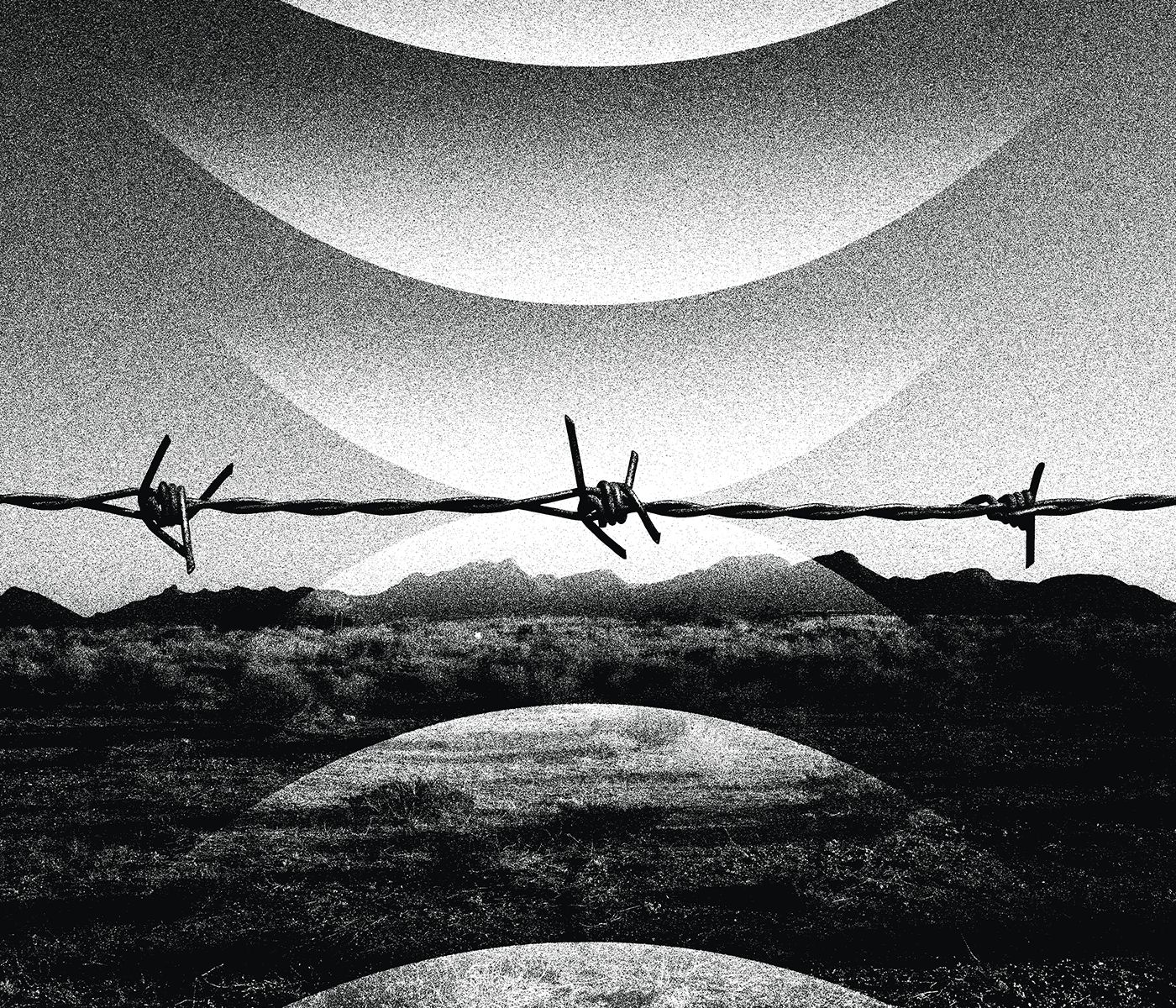
Border Trilogy Part 2: Hold the Line
from Radiolab
by WNYC Studios
Published: Fri Oct 20 2023
Show Notes
While scouring the Sonoran Desert for objects left behind by migrants crossing into the United States, anthropologist Jason De León happened upon something he didn't expect to get left behind: a human arm, stripped of flesh.
This macabre discovery sent him reeling, needing to know what exactly happened to the body, and how many migrants die that way in the wilderness. In researching border-crosser deaths in the Arizona desert, he noticed something surprising. Sometime in the late-1990s, the number of migrant deaths shot up dramatically and have stayed high since. Jason traced this increase to a Border Patrol policy still in effect, called “Prevention Through Deterrence.”
First aired in 2018and over three episodes, Radiolab investigates this policy, its surprising origins, and the people whose lives were changed forever because of it.
Part 2: Hold the Line
After the showdown in court with Bowie High School, Border Patrol brings in a fresh face to head its dysfunctional El Paso Sector: Silvestre Reyes. The first Mexican-American to ever hold the position, Reyes knows something needs to change and has an idea how to do it. One Saturday night at midnight, with the element of surprise on his side, Reyes unveils ... Operation Blockade. It wins widespread support for the Border Patrol in El Paso, but sparks major protests across the Rio Grande. Soon after, he gets a phone call that catapults his little experiment onto the national stage, where it works so well that it diverts migrant crossing patterns along the entire U.S.-Mexico Border.
Years later, in the Arizona desert, anthropologist Jason de León realizes that in order to accurately gauge how many migrants die crossing the desert, he must first understand how human bodies decompose in such an extreme environment. He sets up a macabre experiment, and what he finds is more drastic than anything he could have expected.
Special thanks to Sherrie Kossoudji at the University of Michigan, Lynn M. Morgan, Cheryl Howard, Andrew Hansen, William Sabol, Donald B. White, Daniel Martinez, Michelle Mittelstadt at the Migration Policy Institute, Former Executive Assistant to the El Paso Mayor Mark Smith, Retired Assistant Border Patrol Sector Chief Clyde Benzenhoefer, Paul Anderson, Eric Robledo, Maggie Southard Gladstone and Kate Hall.CORRECTION: An earlier version of this piece, when the episode originally published in 2018,incorrectly stated that Silvestre Reyes's brother died in a car accident in 1968; it was actually his father who died in the accident. We also omitted a detail about the 1997 GAO report that we quote, namely that it predicted that as deaths in the mountains and deserts might rise, deaths in other areas might also fall. The audio was adjusted accordingly.
EPISODE CREDITS:
Reported by - Latif Nasser
with help from - Tracie Hunte
Produced by - Matt Kielty
with help from - Bethel Habte, Latif Nasser
EPISODE CITATIONS:
Art:
Jason de Leon's latest work is a global participatory art project called Hostile Terrain 94 (https://zpr.io/dNEyVpAiNXjv), which will be exhibited at over 70 different locations around the world in 2020. Read more about it here (https://zpr.io/uwDfu9bXFriv).
Our newsletter comes out every Wednesday. It includes short essays, recommendations, and details about other ways to interact with the show. Sign up (https://radiolab.org/newsletter)!
Radiolab is supported by listeners like you. Support Radiolab by becoming a member of The Lab (https://members.radiolab.org/) today.
Follow our show on Instagram, Twitter and Facebook @radiolab, and share your thoughts with us by emailing radiolab@wnyc.org.Leadership support for Radiolab’s science programming is provided by the Gordon and Betty Moore Foundation, Science Sandbox, a Simons Foundation Initiative, and the John Templeton Foundation. Foundational support for Radiolab was provided by the Alfred P. Sloan Foundation.